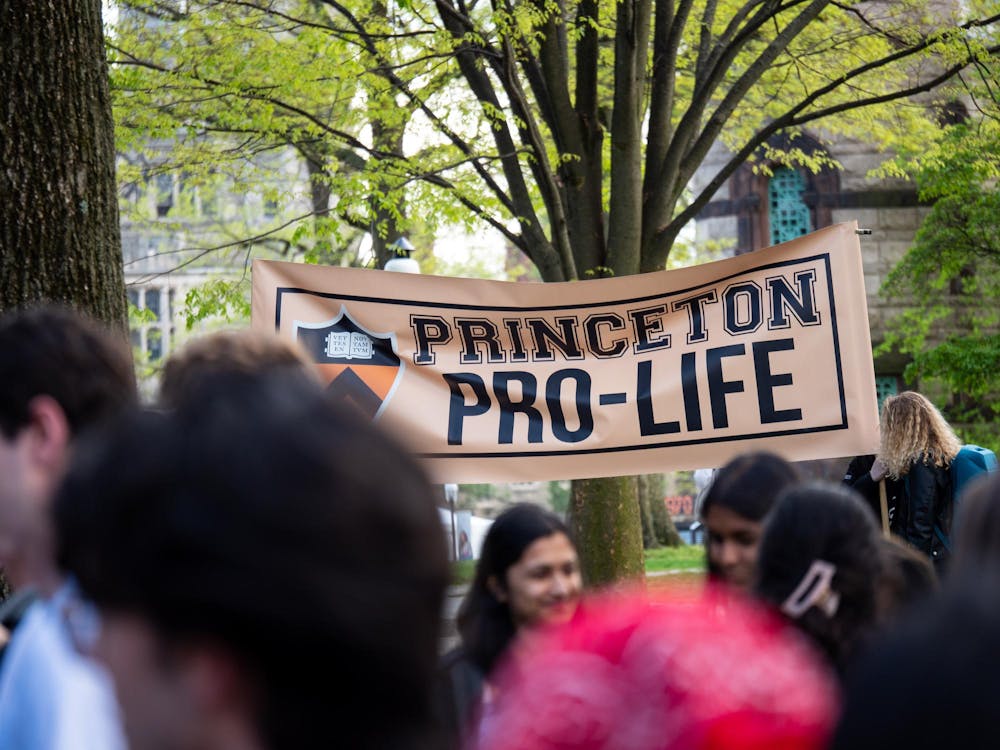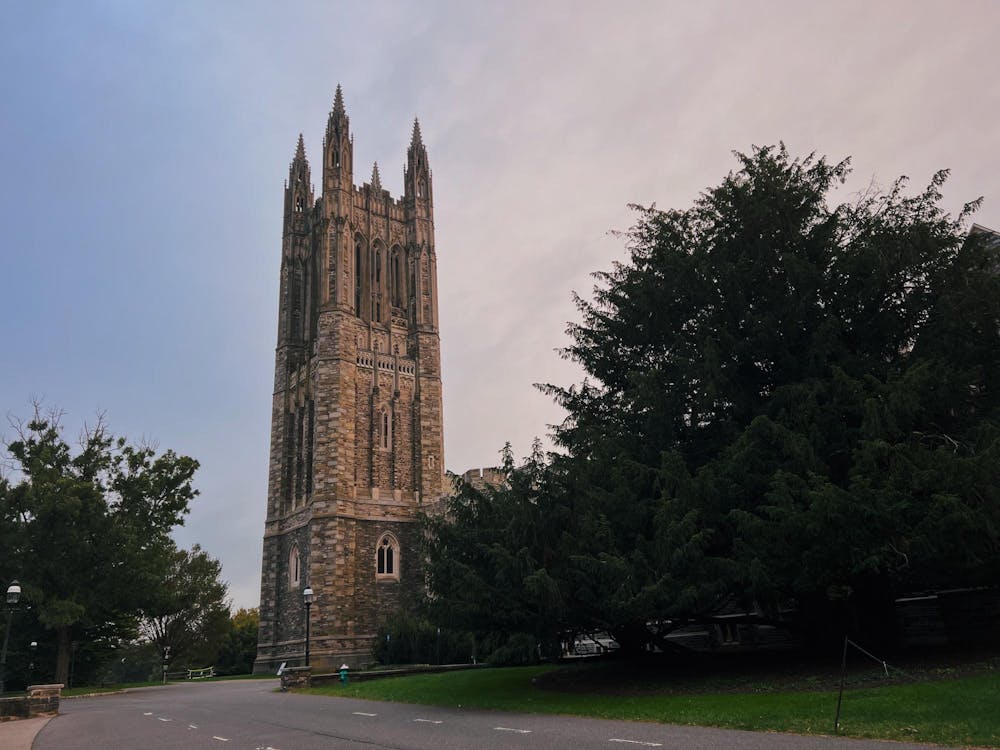The Gap Year Network,an Office of the Dean of Undergraduate Students-approved club that aims to help students who took gap years transition back into campus life, is expanding its reach. Under the leadership ofEden Full '15 and Jose Drost-Lopez '16, the club now caters not only to students who took gap years before Princeton, but also to all studentswho took time away from Princeton, including students returning from leave and academic or disciplinary probation.
Beyond providing social opportunities for gap year students, the GYN also hopes toclear the stigma associated with leaves of absence and help students navigate the administrative barriers to taking time off.
The club was originally founded by a group of students who were beginning their freshman year in 2010 after having taken gap years right before college through the Bridge Year Program or throughindependently organized programs. Now that the original group is approaching graduation, the club is expanding its focus to include students who take time off, according to Gaya Morris '14, a founding member who began the GYN in her freshman year after returning from a gap year in Senegal with Global Citizen Year.
"The change in leadership — we're happy it's happening because our current leadership group is all seniors," Morris said. "I think Eden and Jose are more interested in the perspective of Princeton students who take gap years while at Princeton instead of the gap year before, which I think is really awesome because otherwise it might not have been incorporated so much."
In describing the mission of the club, Full and Drost-Lopez both emphasized the importance of establishing a community for students who are returning to campus after time off. "Once you have work out of school, coming back is more of an adjustment than you expect," Drost-Lopez said. "You might even forget what your intellectual interests actually are, what your academic requirements are."
"I had a really life-changing experience. For my entire life up to that point, I've just been going straight down the academic path," Full said. "Taking time off really helped me realize that there are so many skills and so many interests I have that I had never had the chance to explore."
Drost-Lopez had left for three years due to personal reasons. During his time away, he started a radio show, PsychTalk, and worked at a neuroscience lab and consulting firms. "It got me thinking of the general value of taking time off," Drost-Lopez said of his gap years.
"There are so many reasons why someone might take time off, and I think we need a student network that can really support the students," Full said. "Now more than ever, there needs to be a way for students to come together to talk about the experiences that they had."
Full and Drost-Lopez also hope to address the stigma attached to leaves of absence. "People feel so intimidated by this idea of taking a year off just because they don’t know what it entails," Full said. "You do not just have to take time off because something is wrong with you. You can take time off for any reason."
Drost-Lopez said that through GYN, students will be able to "see stories of other students who have thrived."
Full and Drost-Lopez bothacknowledged the administrative challenges they had faced during the process.

"Before I took time off, I had no idea how the process was like," Full said. "There is not one go-to resource."
Drost-Lopez said he encountered major problems with his Princeton email account during his leave, as his account failed to receive emails. He also had problems reactivating his account upon return. "OIT’s procedures for keeping people informed and having their netID have the right status are pretty clunky," he said.
Drost-Lopez added that he wished thatstudents returning from leave could selectcourses in the spring semester before their returnrather than in the fall, so that they could prepare over the summer and enroll in application-based classes.
"Having the administration just devote a little bit more time to this issue would be a pretty big success for this year," Drost-Lopez said.
Students considering leave must meet with the dean of their residential college, Butler College Dean David Stirk said. While on leave, students stay in touch with theUniversity via their University email accounts, receiving updates about topics such asfinancial aid and housing.
When needed, directors of student life or University Health Services may also provide therapeutic service or health support to students on leave. Upon return, the students have individualized meetings to determine what University resources would be helpful to them, Stirk explained.
This fall, Butler College had about 15 students who were readmitted as sophomores, juniors and seniors, according to Stirk. Stirk, who has worked at Butler for seven years, explained this number is usually between 15 and 20.
Both the GYN leaders and administration said they supported collaboration between the two groups.
"I think the Gap Year Network actually helps the administration understand the diversity of students," Drost-Lopez said. "I have optimism they will respond appropriately."
Although the GYN is still in its early stages, Full and Drost-Lopez said they have received positive student responses and have already set several goals. These include revamping the GYN's website, creating a handbook on how to take a leave and where to seek emotional support, advocating for better support from the Princeton administration and creating a mentorship program to connect students considering leave with students who are or have been on leave.








